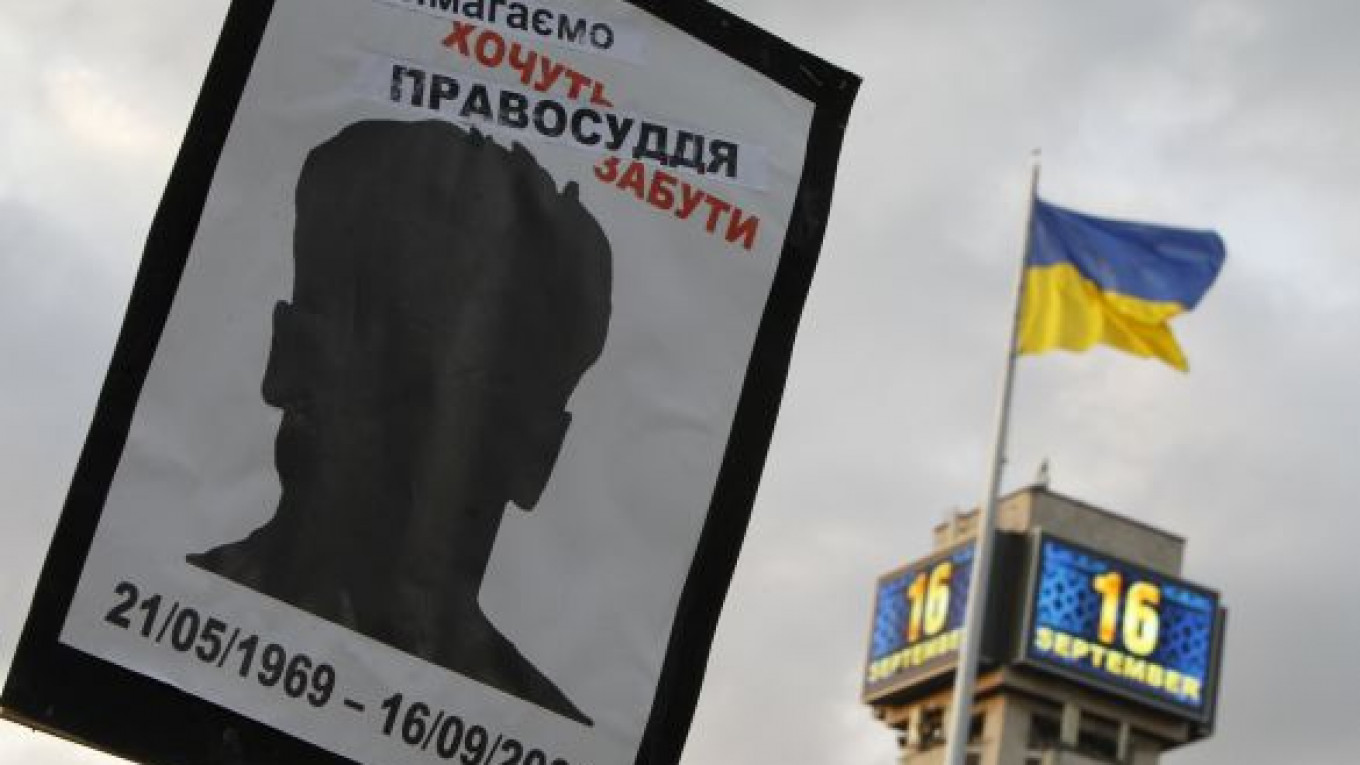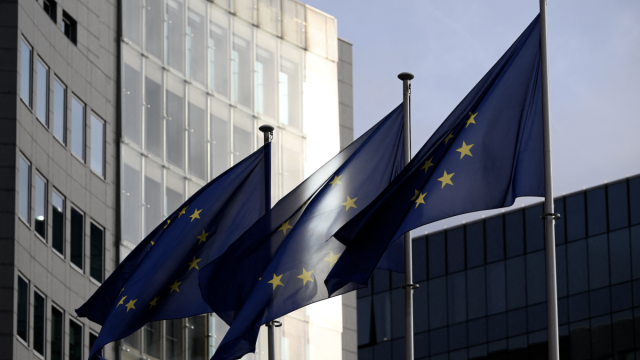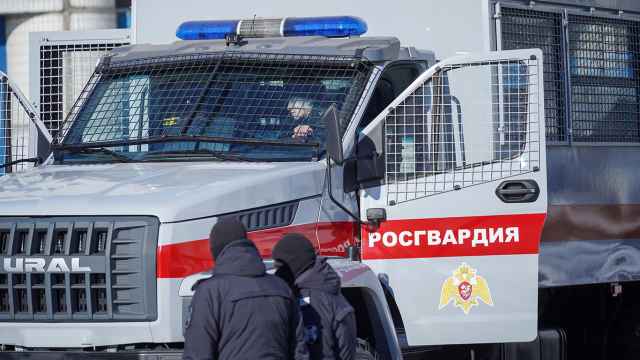KIEV — Eleven years after Ukrainian investigative journalist Heorhiy Gongadze was abducted and killed, his widow finally has faint hope that the masterminds of the murder will be brought to justice.
Former President Leonid Kuchma is slated to go on trial on charges of abuse of office in connection with the killing of Gongadze in the coming months. Prosecutors contend that Kuchma gave illegal orders to his subordinates that eventually led to Gongadze's death.
"I believe that Kuchma is to blame for Gia's death," Gongadze's 39-year-old widow, Myroslava, said, using Heorhiy's nickname. "Kuchma … and the machine for settling scores with political opponents and journalists."
She spoke late Thursday by phone from Washington, where she and her two daughters have been given political asylum. Kuchma denies the allegations and says key evidence — tape recordings in which he allegedly conspires against the journalist — was doctored.
On Sept. 16, 2000, Heorhiy Gongadze got into what he thought was a taxi and was driven outside Kiev. He was beaten and strangled, his body doused with gasoline and burned. Gongadze's beheaded body was discovered in a forest outside Kiev several months later. Experts believe that Gongadze was decapitated after his death.
The killing of Gongadze, who crusaded against official corruption, triggered months of protests against the president, a movement dubbed "Ukraine Without Kuchma." Those protests were seen as a precursor to the 2004 Orange Revolution, which overthrew the fraud-tainted victory of Kuchma's protege Viktor Yanukovych.
But Yanukovych returned to power after winning presidential elections last year, and many observers were surprised when Kuchma was charged under Yanukovych's watch. Some say the case against Kuchma is Yanukovych's attempt to boost his own popularity.
Gongadze, who was 31 when he was killed, was a harsh critic of Kuchma's rule. He founded an online newspaper that exposed corruption by senior government officials.
Three former police officers were convicted of involvement in Gongadze's killing and sentenced to lengthy prison terms in 2008, and another top law enforcement officer, former Interior Ministry general Olexiy Pukach, is currently on trial. Pukach has confessed to killing Gongadze.
During his closed-door trial, Pukach claimed that he killed Gongadze at the behest of Kuchma and other senior government officials. Kuchma's lawyers dismissed the accusations as an attempt by Pukach, who faces life in prison, to deflect blame from himself.
Gongadze's widow moved to the United States several months after his death with their twin daughters Nana and Salome, now 13, after she discovered that her phone was being tapped and she was under constant surveillance.
Myroslava Gongadze said it makes no difference to her whether Kuchma explicitly ordered her husband's murder or merely wanted to scare him.
"Gia is dead, my children have been deprived of a father, me of a husband and friend, and society of a good journalist," she said.
For that, Kuchma must be punished, she insisted.
A Message from The Moscow Times:
Dear readers,
We are facing unprecedented challenges. Russia's Prosecutor General's Office has designated The Moscow Times as an "undesirable" organization, criminalizing our work and putting our staff at risk of prosecution. This follows our earlier unjust labeling as a "foreign agent."
These actions are direct attempts to silence independent journalism in Russia. The authorities claim our work "discredits the decisions of the Russian leadership." We see things differently: we strive to provide accurate, unbiased reporting on Russia.
We, the journalists of The Moscow Times, refuse to be silenced. But to continue our work, we need your help.
Your support, no matter how small, makes a world of difference. If you can, please support us monthly starting from just $2. It's quick to set up, and every contribution makes a significant impact.
By supporting The Moscow Times, you're defending open, independent journalism in the face of repression. Thank you for standing with us.
Remind me later.






